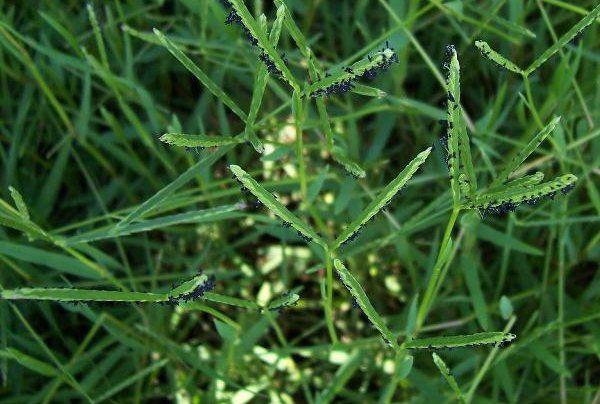Cellulose is the most abundant natural polymer. Due to its unique properties, it has diverse applications, especially in the field of nanotechnology, including water purification and drug delivery.
One of the main sources of cellulose is wood. Due to environmental crises and the gradual extinction of trees as non-renewable resources, researchers are now seeking an alternative source for more efficient and cheaper cellulose extraction.
According to Mehr News Agency, researchers from Jiroft University of Kerman Province and Karaj Payam-e Noor University have been able to extract cellulose from weeds and used it to synthesize a widely-used catalyst.
In addition, the synthesized material has also been used for the production of iron oxide magnetic nanoparticles. The extraction of cellulose from such plants at an industrial scale could save 70% of trees cut.
Dr Atena Na’imi, a faculty member at Jiroft University and one of the researchers of this project, believes that weeds inflict huge losses on farmers each year.
For a brief review of Iran’s achievements in various fields of science and technology, check the book “Science and Technology in Iran: A Brief Review”
“Weeds are one of the most important factors reducing the quality and quantity of agricultural products, and farmers spend a lot on controlling these plants annually,” added Na’imi.
“However, these plants can be looked at as a cellulose-rich source. We have succeeded in providing a simple and inexpensive way to extract cellulose from such plants and weeds.”
“In fact, in this research, on the one hand, we have transformed the weeds into useful plants by providing an easy, inexpensive and fast solution for the production of large cellulose, and on the other hand, we have taken steps to prevent the massive cutting of trees.”
Dr Na’imi, Dr Asghar Amiri, a faculty member at Karaj Payam-e Noor University, and Elham Tajik, a post-graduate student of Payam-e Noor University have contributed to this project. The results are published in the journal Cellulose in 2017.
